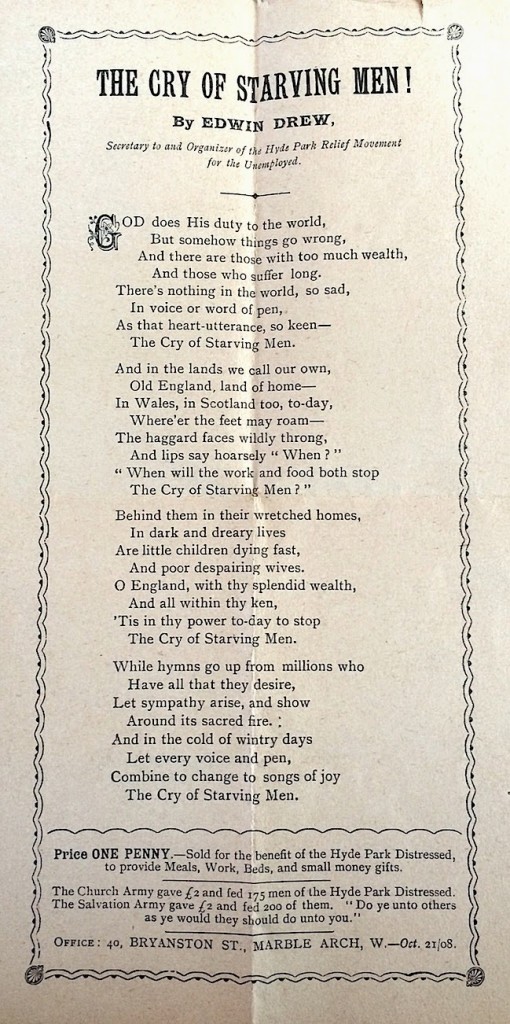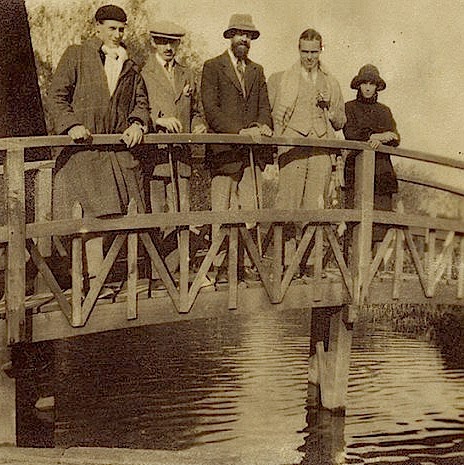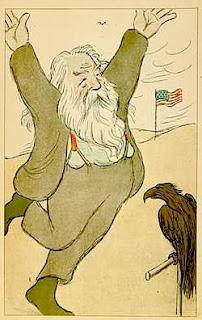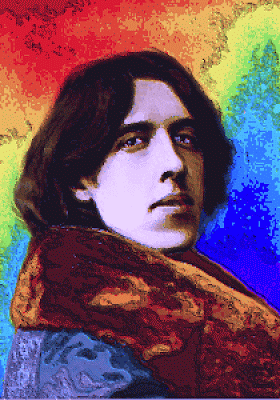
A small hand bill, a one page poem, sold for a penny in 1908 to raise money for the poor by the 'Hyde Park Relief Movement for the Unemployed' with The Cry of Starving Men written by the author, elocutionist and poet Edwin Drew. He appears to have been a correspondent of Dickens (the name Edwin Drood was inspired by his name.) He flourished between 1870 and 1915. There is Pathe News footage of him as 'the last survivor of the Dickens society' - placing a wreath on the novelist's tomb. Drew's last published work was The Chief Incidents of the 'Titanic' Wreck (1912). Of the Hyde Park Relief Movement for the Unemployed very little is known*,apart from the information on this hand bill.
* There may well be much more information in libraries, online research reveals this one note at Open Library - 'The Labour Bureau was established in consequence of Drew's founding of the Hyde park relief movement following his speeches on unemployment, in Hyde park in September 1908.' This poem is dated October 1908...













